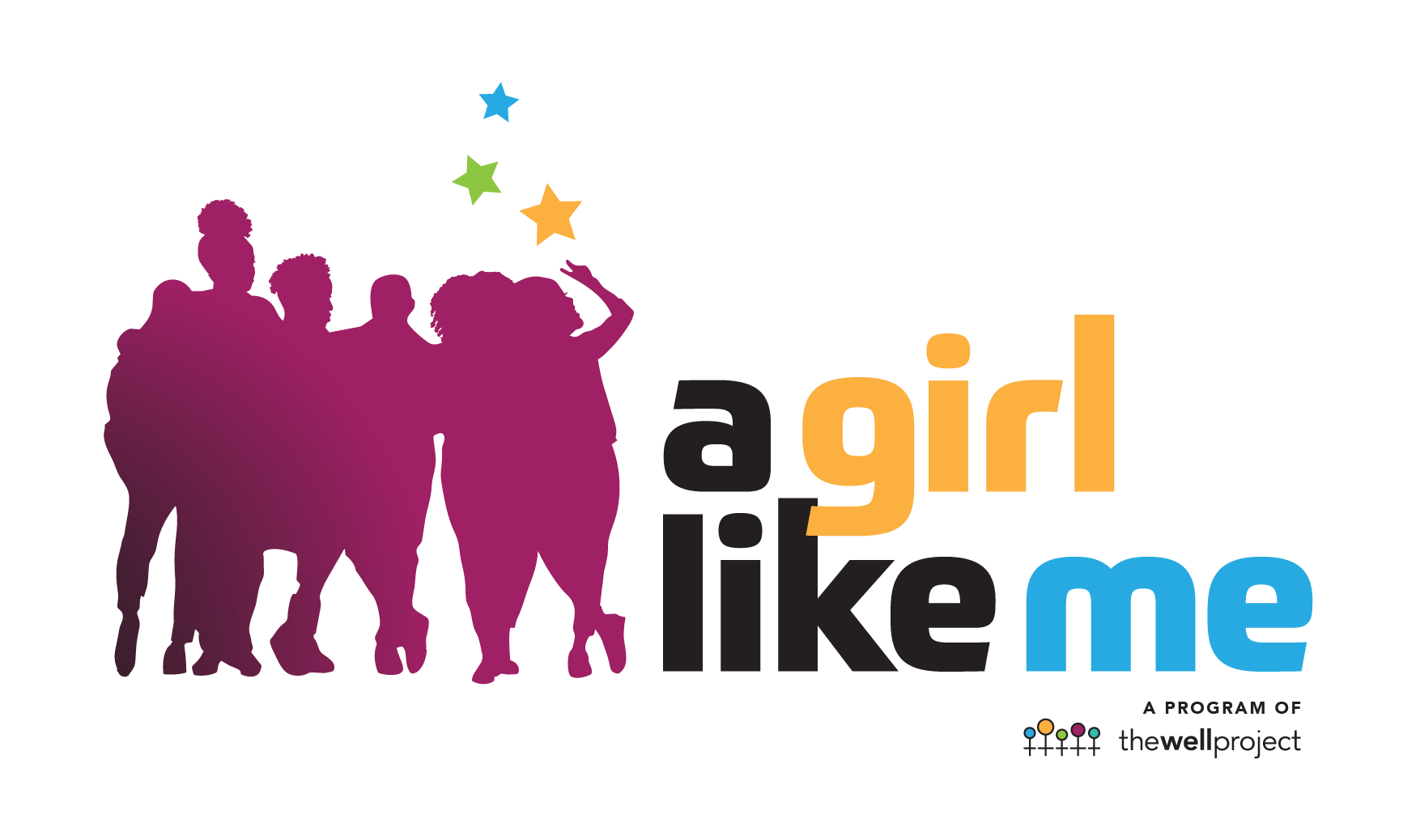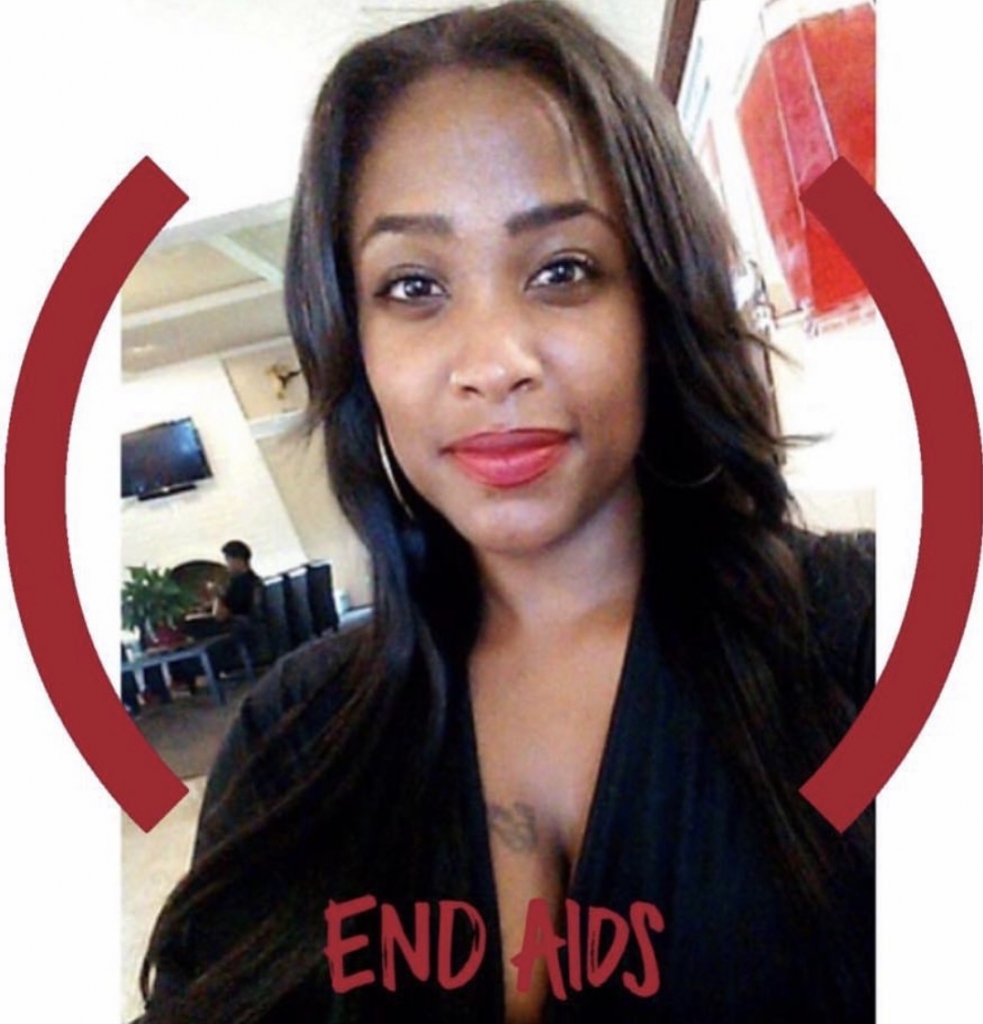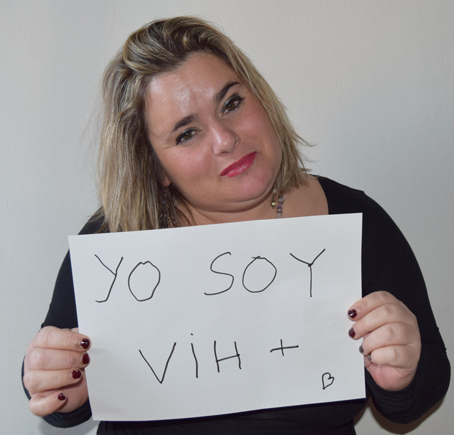In my capacity as a nurse at the clinic I work in, I have occasion to teach nursing students nearing graduation from school. They are generally in the next to last rotation before they go into the world as shiny new nurses. I haven't been a nurse so long that I don't remember that feeling of thinking I had learned a lot but not enough. There is an expression: "Student nurse: Just enough information to be dangerous." It's one of those funny/not funny things. You know, like sorry/not sorry?
As I write this, there is a student sitting next to me talking to one of my colleagues and I about routes of transmission. As we are traditionally an HIV clinic, one of the things we ask them is how HIV is transmitted and give HIV education every time. We get four students a week, and without fail, every group of them has at least one student that says "bodily fluids". My fellow nurse and I hammer them down and remind them that as nurses we don't use broad terms. Specifics matter. What are bodily fluids? So they give us the run down-- blood, sweat, saliva, vaginal secretions, semen, etc. (Ahhh, now we're getting somewhere my shiny new students) Once we establish that, we'll ask again, tell us, what are the routes of transmission, and again, unfailingly with them, four or five of them a semester will tell us "tears" or "sweat" with this wondering, I-think-but-I'm-not-sure-tone. The one next to me just said "saliva" (*insert eye roll*). One or two over the times have said urine. Bodily fluids (my ass) indeed. It drives me (bat sh&% crazy) bananas each and every time. Not just as a nurse, but as a nurse who happens to be an HIV positive woman. They don't mean any harm. They just don't know, and THAT is precisely what drives me crazy.
These students get a day and a quarter, at most a day and a half of HIV training in school, and they don't know basic routes of transmission. They know the terms CD4 and viral load, but not a real understanding of what they mean. Opportunistic infections are a mystery, and they have never considered any behavior other than drug use or homosexual sex as a risk factor and have never even heard of harm reduction. Yes they are shiny and brand new. Yes they are students and still learning. All of that makes basic sense. My utter frustration comes from the fact that they ARE not just students, they are NURSING students; these are the people we are sending out into the world to take care of people. Not just people, for HIV positive people. People like me. If not for this opportunity to be in this clinic rotation, in this clinic, the day and some change they get in school is the extent of their education on HIV. Nurses are expected to take care of people regardless of disease, communicability of said disease, race, creed, blah blah blah… but they need the skills to do it. Nurses need to be able to reduce patient fear, part of that is done by not operating from a place of fear themselves. Nurses can go a long way to help keep patients in care and adherent to a care plan. Nurses help reduce the sting of stigma. To reduce a patient's fear of death. They just need the tools to do it. More than 36 million people are living with HIV and it blows my mind that in 2019, HIV is still such a specialized field that you have to work in it to be well versed in it. This is true not only for nurses, but for physicians and pharmacists as well. Education reduces fear, which in turn reduces stigma, which in turn increases testing and linkage to care. A day and a quarter of outdated and archaic book work is not exactly what is going to foster that knowledge.
My point? Other than venting (*laugh's sheepishly here*), is that I am actually blessed to be able to work where I work and have a positive (yes I meant it both ways you can take that statement) perspective to give to these new nurses. I'm a proud nurse, and an HIV positive person un-stigmatized by my status. I don't just drill them on HIV basics. I remind them that the uncertainty they feel when I am asking them disease process questions gives them insight into how a patient is going to feel in their process. I give them sometimes uncomfortable scenarios about their own sexual habits to make them think about possibilities. I remind them knowledge is power, so they can remind their patients to educate themselves. I remind them to advocate for their patients, even if they don't have the same condition the patient has, so patients are encouraged to advocate for themselves. Most of them will never go into HIV/AIDS work or nursing. They will leave here knowing routes of transmission and that this is not just a gay man's disease, or just a disease a person with a drug habit gets, it is a HUMAN disease. They won't be as scared of the unknown. They also WON'T leave here feeling like they need gloves and mask to be in the same room as and to deliver basic care to a patient living with HIV or AIDS. They WILL leave here knowing that the tears a newly diagnosed person is crying, and the cold sweat a person breaks out in trying to come to terms with a new status won't infect them and that it's okay to hold them while they cry.
























PD... Definitely. In plain
PD... Definitely. In plain language. Not formal book/instructor/proper langue. Lol. Sometimes the faces they make when use slang! ;-).